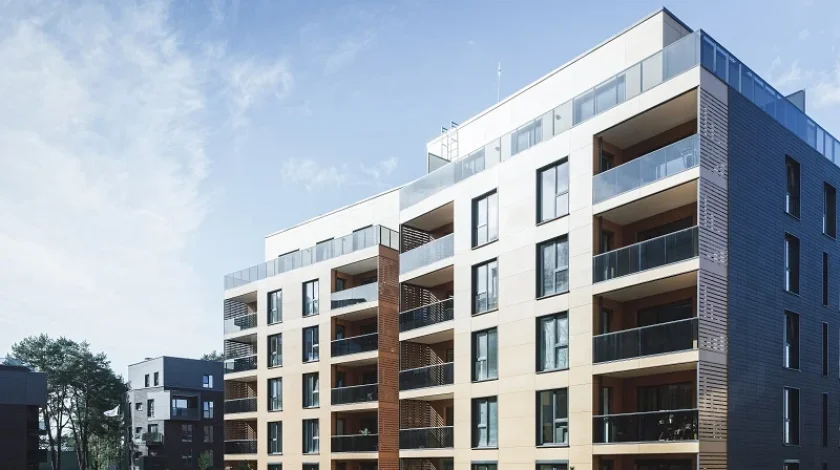The NSW Government has recently announced new regulations which govern ‘short term letting’ for online accommodation platforms such as Airbnb and HomeAway. The change comes as the NSW Government seeks to strike a balance between homeowners who wish to use their properties for short-term letting and serving the public interests of surrounding neighbours.
Short term letting will be limited to 365 days a year, where the host is present. Where the host is not present and does not live at the property, this will be limited to 180 days in Greater Sydney.
It is important for all parties involved in short term letting to understand their rights and obligations, particularly before their commencement as of 10 April 2020.
What is a short-term rental?
The newly reformed S42A and 54E of the Fair-Trading Amendment (Short-term Rental Accommodation 2018 (NSW), defines a short-term rental accommodation arrangement as being a commercial arrangement for giving a person the right to occupy residential premises for a period of not more than 3 months at any one time.
The new laws will therefore only apply to commercial arrangements, and not domestic arrangements such as homestays by relatives or friends.
Rights and Responsibilities
A mandatory Code of Conduct, by way of the Fair-Trading Amendment (Code of Conduct for Short-Term Rental Accommodation Industry) Regulation 2020, which comes into force on 10 April 2020, will apply to anyone involved in providing or using short-term holiday letting. (This can include hosts, guests, online platforms and letting agents).
The Code establishes a ‘2 strike’ policy whereby hosts or guests who are found to have committed two serious breaches of the code at any time within a two-year period will be banned from short-term letting for a five-year period. A ‘strike’ is defined as any behaviour which unreasonably interferes with a neighbour’s quiet and peaceful enjoyment of their home.
The Code also establishes a complaints system, which is available to all neighbours of short-term rental accommodation, as well as strata committees and owners’ corporations. Accordingly, complaints will be assessed by an independent adjudicator, who will give both parties an opportunity to put their case forward and make an impartial judgement based on evidence presented by both parties.
Where a strike is issued, it will be recorded on an online register which aims to limit ‘platform shopping’ among both hosts and tenants. In addition, online platforms and agents will be responsible for checking the register before taking on any new customers. A failure to conduct such due diligence may result in penalties of up to $1.1 million for corporations and up to $220,000 for individuals.
Furthermore, the Strata Schemes Management Act 2015 reformed as a response to short-term letting and states that strata schemes may adopt relevant by-laws where the property is not the host’s principal place of residence. According to the reformed Act, owners’ corporations with a 75% majority vote have the right to prevent short-term letting within their scheme if it is not the host’s principal place of residence.
The new laws are set to be reviewed within a year of coming into effect. Only then will the real implications of the reforms become known. With expertise in the current rental market Coleman Greig Lawyers can support you in understanding and performing your obligations and acknowledging your rights under the new legislation. Please do not hesitate to get in touch with a lawyer in Coleman Greig’s Commercial Property team, who would be more than happy to assist you.














